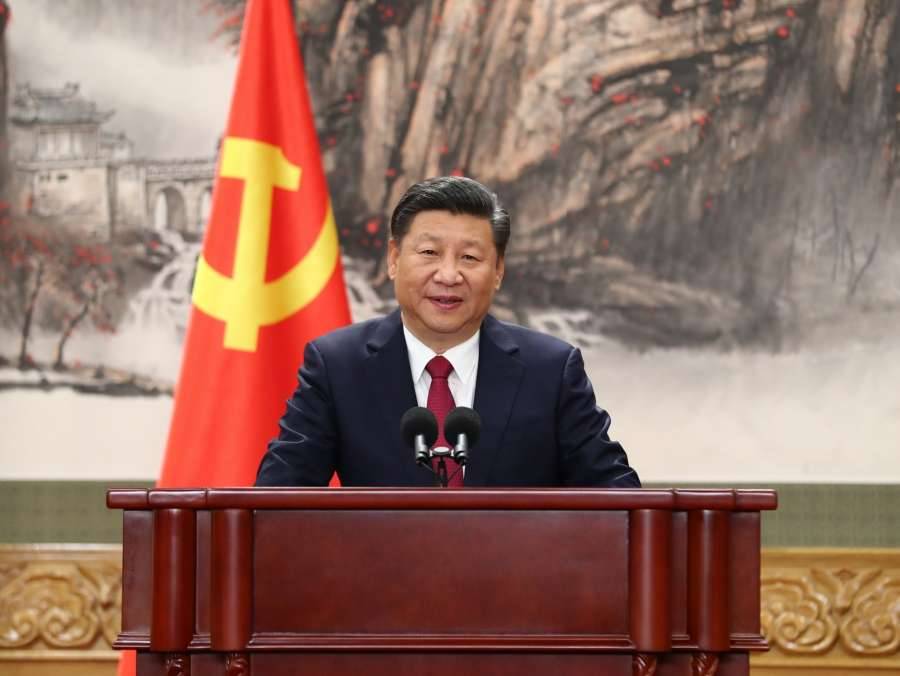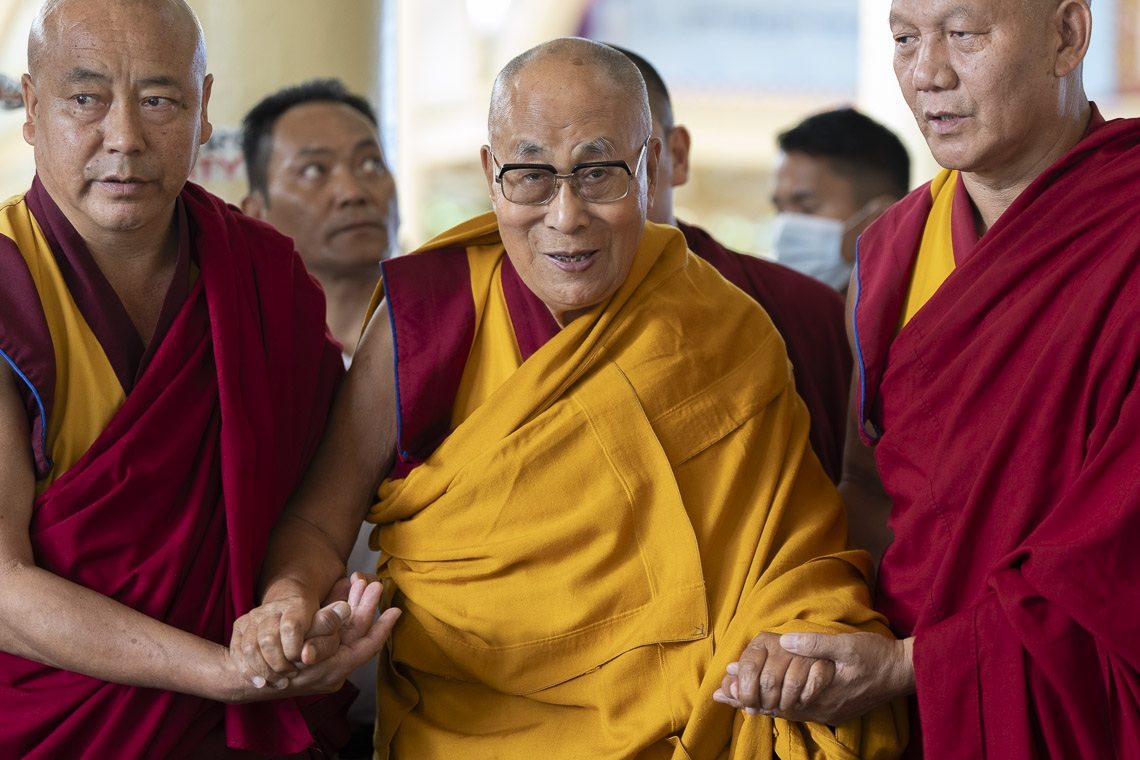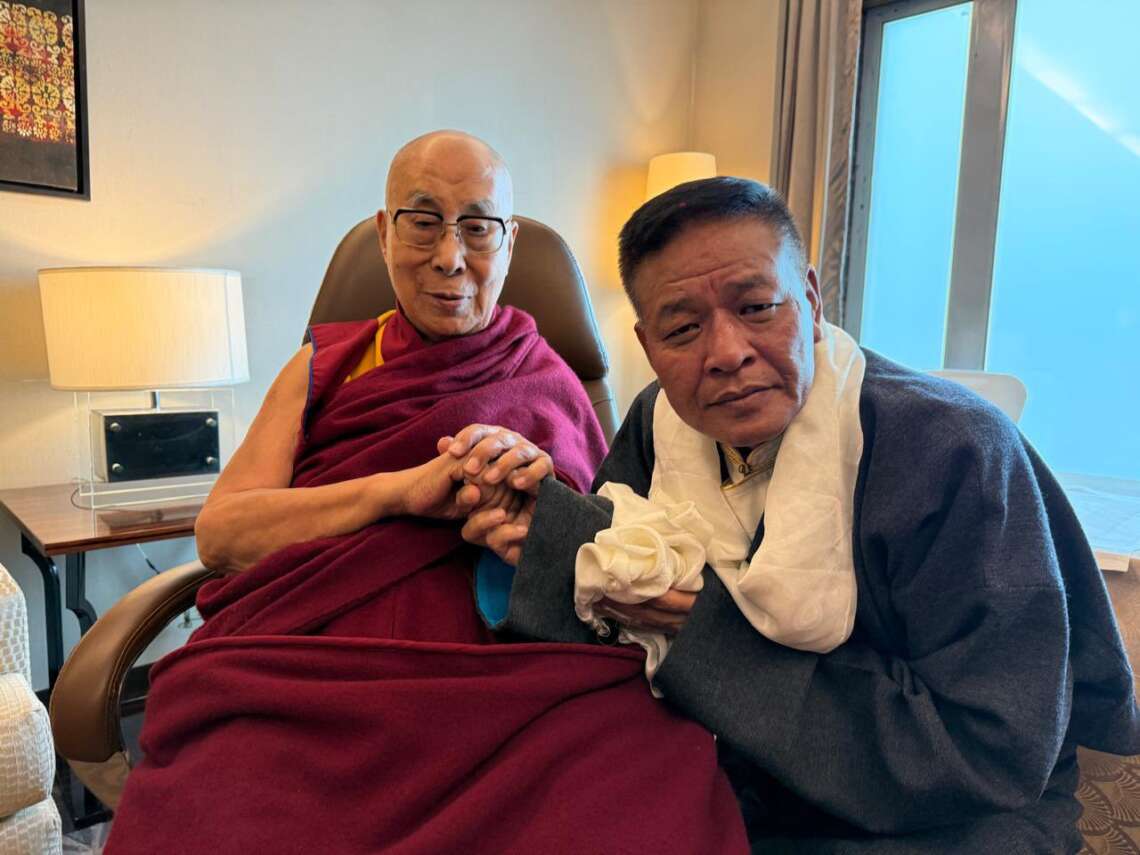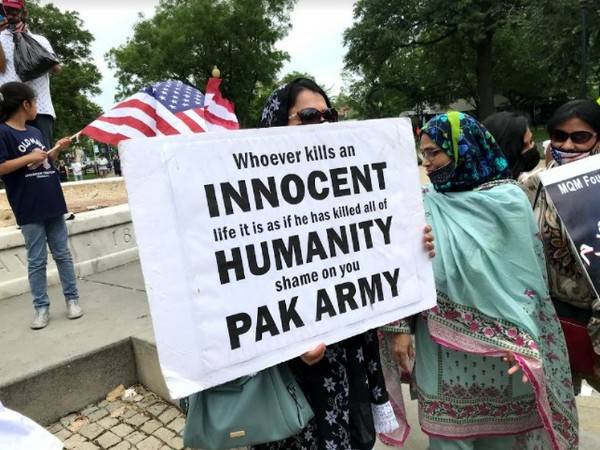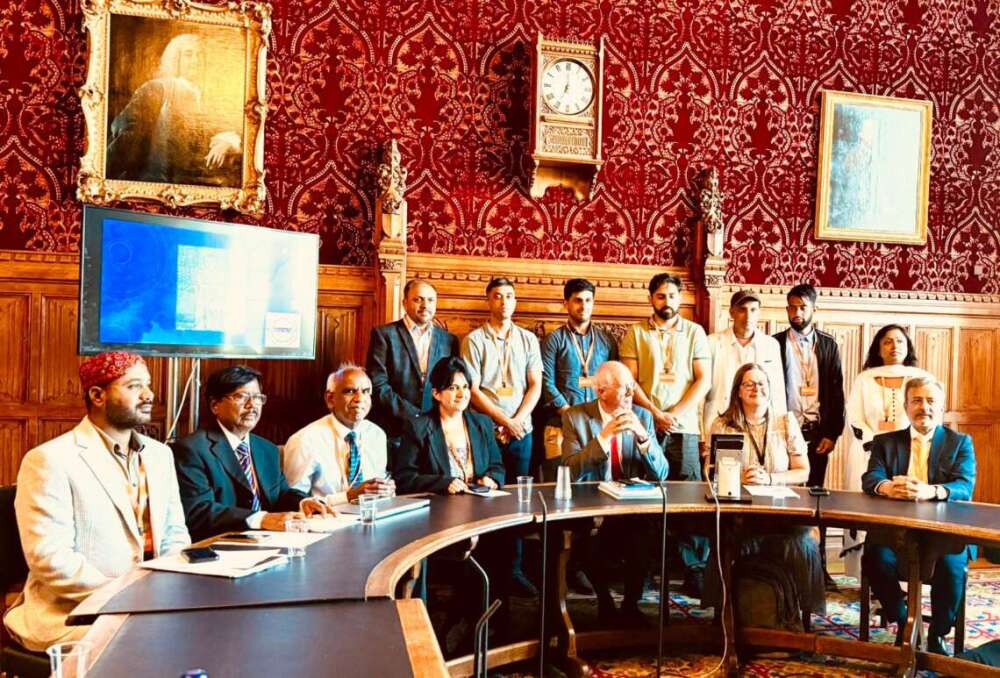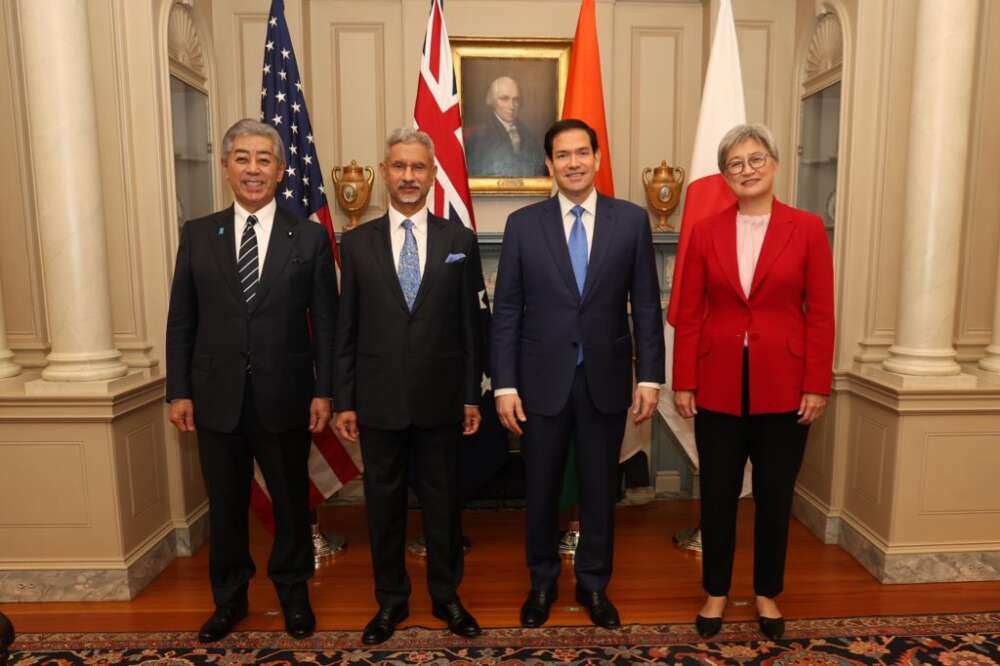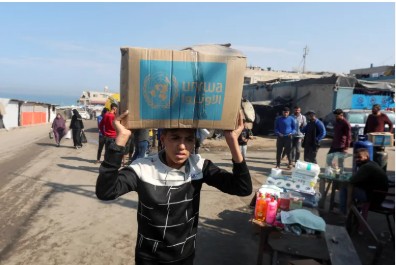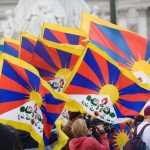China has banned school children in Tibet from learning their mother tongue and taking part in religious activities, even during their summer vacation, citing the country’s law, which separates education from religious influences. Under international law, “patriotic education” and its crippling of Tibetan Buddhism is a blatant violation of various human rights instruments, including the Universal Declaration of Human Rights. A special report by Dawa Kyab
In Tibet, the greatest casualties of Chinese governance have been religion and culture. Since its invasion of Tibet in 1949, or “liberation” in Beijing’s eyes, through the years of “Democratic Reforms” and “Cultural Revolution,” till today. China has converted a land of Buddhism and open-minded philosophy into a territory where a government and its laws control faith and dictate belief. In order to control Tibetans, Chinese authorities imposed many policies in Tibet.
One such policy is “patriotic re-education” or simply “patriotic education”. Patriotic education was launched in Tibet in 1996 as part of the national “Strike Hard” campaign against crime and corruption (basically to control Tibetans) under which “work-teams” (known in Chinese as gongzou dui and in Tibetan as ledonrukhag) consisting of both Chinese and trusted Tibetan officials visited monasteries and nunneries to force on monks and nuns the concept of ‘unity of Tibet and China’ and to identify dissidents. “Patriotic education” sessions were aimed at proving China’s insistence that Tibet has been an integral part of China from 640 A.D, when Princess Wencheng Kungchu, daughter of the Chinese emperor, married Tibet’s great warrior-King Songtsen Gampo and that it was she who brought civilization to Tibet. However, under international law, “patriotic education” and its crippling of Tibetan Buddhism is a blatant violation of various human rights instruments, including the Universal Declaration of Human Rights.
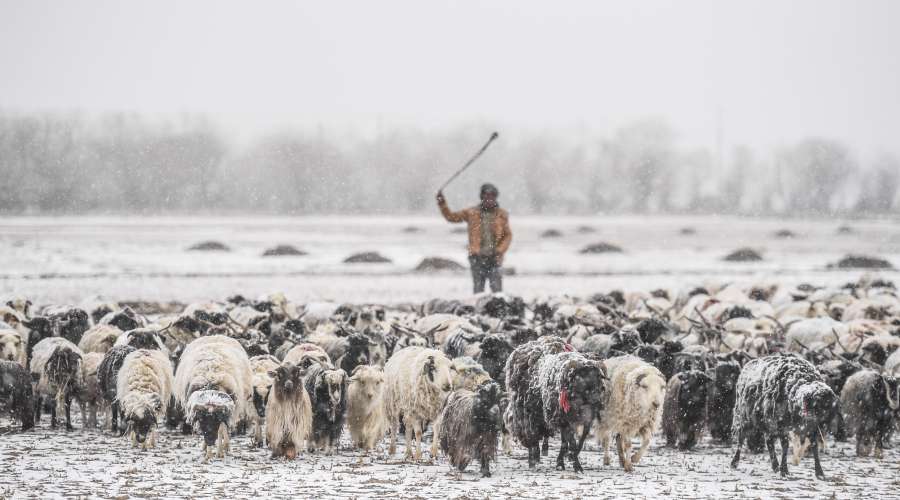
China’s version of education in Chinese language contravenes international human rights law, particularly the United Nations Convention on the Rights of the Child and the International Covenant on Civil and Political Rights (ICCPR). UN committees such as the Rights of the Child; Economic, Social and Cultural Rights; and Elimination of Racial Discrimination have all expressed concern over the rights of Tibetans to education in their own language and culture in
Tibet. Meanwhile, Sophie Richardson, China Director, Human Rights Watch (HRW) said “China’s education policy is motivated by political imperatives rather than educational ones”.
China’s education policy has accelerated the demise of Tibetan-medium instruction in schools in Tibetan areas. The policy, carried out over the past decade in Tibetan Autonomous Region (TAR) and other Tibetan areas, has increased Chinese language schooling at all levels. The policy in Tibet goes against the constitution, international standards, and expert consensus on the importance of mother-tongue instruction, and the basic aspirations of the Tibetan people.
In reality, at the heart of “patriotic education” is the attack on the Dalai Lama. For Tibetans, the Dalai Lama is the reincarnation of Lord Avalokiteshwara, the protector-deity of Tibet, a belief that makes him the leader of millions of Buddhists and places him at the center of the Tibetan way of life. However, for the last 62 years, possessing photos of the Dalai Lama or his books is a crime that can invite arrest and torture in Tibet. Life in the townships in Tibetan areas, remains tightly controlled, with possession of photos of the Dalai Lama considered a serious offense. Empty frames even stand today where the Dalai Lama’s photos once hung or they have been replaced with photos of the communist leadership. Communicating with the Tibetan exile community has also become very difficult for Tibetans inside Tibet in recent times, and people will end up in prison if the Chinese authorities catch them doing this. For China, the Dalai Lama is a political leader, albeit ‘one in religious robes, who plots to split the country’. However, worldwide he is revered for his efforts towards resolving Tibet issue by peaceful means.
Beijing argues that since monasteries and nunneries are the most influenced by the “enemy” who is in exile in India since 1959, the battle against him must necessarily begin in those very places. In turn, the Chinese authorities have looked upon Tibetan religious institutions as breeding grounds for dissent, and have retaliated with greater restrictions and control. On May 25, 1996, Chen Kuiyan, Tibet Autonomous Region (TAR) Party Secretary, said in public that “Monasteries are the most critical places penetrated by the Dalai Clique.
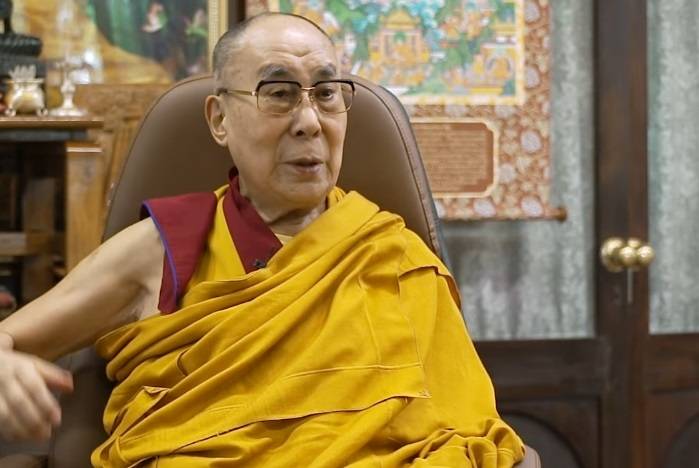
These are their conspiring and hiding places. These are also the places where most of their followers reside.” In July 2010, the Deputy Secretary of the Communist Party in Tibet, Hao Peng justified the banning of the Dalai Lama’s photos, asserting that “the Dalai Lama is not merely a religious figure, he is also a mastermind of separatist activities. No sovereign country in the world would allow the hanging of a portrait of a person like that.” Later, the Dalai Lama would also be accused of Nazi racial policies and inciting Tibetans to set themselves on fire. Such allegations resurfaced in July 2013, when Tibetans marking the 78th birthday of the Dalai Lama were reportedly fired at. It is ironical that the targeting comes even after the Dalai Lama made it clear that what he seeks for Tibet is “meaningful autonomy,” not a separate nation, as remaining within the People’s Republic of China is the “only realistic way” and is in Tibet’s “own interest.”

Ban on study of Tibetan language is also part of this campaign which has now gained momentum. China has banned school children in Tibet from taking part in religious activities, even during their summer vacation, citing the country’s law, which separates education from religious influences. TAR authorities under the regional government’s guideline have sent notices to both students and their parents, and have had students sign an agreement that they will not take part in any form of religious activity during the summer vacation. The schools reiterate the regulation every time in class meetings and parent-teacher meetings, not only before a vacation. Parents of the affected children and other local Tibetans are deeply concerned over the imposed requirements, saying that keeping young Tibetans away from their culture and language will have severe negative consequences for future generations.
Language rights have become a particular focus for Tibetans to assert national identity in recent years, with informally organized language courses in the monasteries and towns typically deemed “illegal associations” and teachers subject to detention and arrest. In an increasingly repressive political climate, the authorities now consider even local initiatives for the promotion of Tibetan language as “separatist” activities. There were formerly many private schools in Tibet where Tibetan language and culture were taught. But by the end of 2020, and without any real justification, these schools were all forced to close down, with the children required to go to government-supervised schools instead where they will be taught in Chinese. The move is being pushed in the name of promoting uniformity in the use of textbooks and instructional materials. School children are being imparted education with the purpose to shower more love and affection to the Chinese Government. In return, those students who cannot afford to pay their school fees and manage other things are given subsidy. They are also showered with different kinds of gifts on behalf of the Chinese Government in order to win over their allegiance.
Furthermore, Chinese authorities are not only promoting the use of Chinese language but also discouraging people from participating in religious activities including visit to monasteries. It has also forcibly removed young Tibetan Buddhist monks from monasteries and put them in government-run schools, saying they were under-aged for monastic education. Chinese authorities have been removing young monks from their monasteries and sending them to government-run schools so that they learn to “serve society”. Seeing enrolment in the monasteries at a young age as a loss to their communities, China is said to justify this move by saying that young monks are too young and immature, incapable of thinking for themselves yet. This act of forced closure of schools teaching Tibetan language and culture gives a clear picture of the Chinese government’s attempts to eliminate Tibet’s identity.
Forced assimilation is no solution to the governance of ethnic minority regions, nor is national security, an acceptable justification for the denial of mother-tongue education rights. Although, China’s constitution guarantees the right of ethnic minorities to learn their own language.
READ MORE: China faces flight of manpower, capital from Hong Kong
READ MORE: ‘World is unhappy with China over its policies and attitude’


